Algeria, known for its rich history and vast desert landscapes, is also home to an equally impressive but less celebrated natural asset: its diverse and vibrant marine ecosystems. Stretching along the Mediterranean coastline, Algeria boasts untapped potential for marine-based tourism that could position it as a top eco-tourism destination. As global interest in sustainable travel grows, Algeria’s marine biodiversity presents an opportunity to attract environmentally conscious tourists while promoting conservation and economic growth.
Algeria’s Marine Biodiversity
Algeria's coastline is a hidden treasure for
marine biodiversity enthusiasts. The country's waters are home to an array of
marine species, including
dolphins, sea turtles, and unique fish species. Notable biodiversity hotspots like the
Habibas Islands and the
Gouraya National Park harbor rich ecosystems where
coral reefs, underwater caves, and seagrass meadows thrive.
Marine mammals, such as
bottlenose dolphins, can often be spotted along the coast, adding to the allure for tourists interested in marine wildlife.
Endangered species like the
monk seal, one of the rarest in the world, also make Algeria’s waters a valuable conservation area. Algeria's
coral reefs provide not only stunning underwater landscapes but also critical habitat for countless marine species. Although lesser-known than those in tropical destinations, these reefs are vital for both
biodiversity and
tourism.
Sustainable Marine-Based Tourism
This rich biodiversity is a significant asset that, if properly managed, could offer unique
eco-tourism experiences for visitors worldwide.
Sustainability must be at the heart of any marine-based tourism strategy to ensure the long-term preservation of Algeria’s fragile ecosystems.
Sustainable marine tourism promotes environmental education,
eco-friendly activities, and conservation while offering unforgettable experiences like
snorkelling and
scuba diving around Algeria's coral reefs, allowing tourists to explore marine life without causing harm. There are also opportunities for
responsible marine wildlife tours, such as
dolphin watching or
birdwatching along the coast.
Kayaking and
eco-cruises offer low-impact ways to enjoy the beauty of Algeria’s waters, ensuring that tourism does not disrupt the natural balance of these
marine ecosystems.
Global Examples of Eco-Tourism
Countries like
Australia, with its
Great Barrier Reef, and
Costa Rica, a leader in
eco-tourism, provide excellent models for Algeria to develop its
sustainable tourism industry while protecting its
marine habitats. Algeria’s
coastal communities will play a crucial role in the development of marine-based tourism. By involving local populations in the tourism sector, there is potential for
economic empowerment and
environmental stewardship. Through
community-based tourism, coastal residents can lead efforts in
sustainable tourism while preserving their
cultural heritage. These communities can act as custodians of their natural resources, offering tourists
authentic experiences, such as guided tours of marine reserves,
cultural exchanges, and traditional
fishing expeditions. This approach not only fosters economic benefits but also promotes a greater appreciation for the importance of protecting
marine biodiversity.
Challenges and Conservation Efforts
Algeria's future in
marine-based tourism is bright. With its untouched
marine landscapes and growing global interest in
eco-tourism, the country is well-positioned to attract tourists looking for
unique and sustainable travel experiences. Potential developments include investments in
eco-lodges, marinas, and
nature reserves that promote responsible tourism, as well as forming
international partnerships with global
eco-tourism organizations to develop
sustainable tourism standards. Marketing initiatives that promote Algeria’s rich
biodiversity and
eco-tourism potential to international audiences could further strengthen the country’s appeal.
Of course, with any
tourism expansion comes the challenge of balancing
growth with conservation. Algeria faces some key issues, including
overfishing,
coastal pollution, and the potential pressure of
uncontrolled tourism on
marine habitats. Addressing these challenges requires the implementation of stricter
environmental regulations, such as establishing
Marine Protected Areas (MPAs) where fishing and certain tourism activities are restricted. These zones will help preserve ecosystems while allowing
sustainable tourism to thrive.
Education campaigns targeting both tourists and locals on the importance of conservation can also play a crucial role in maintaining a healthy balance between tourism and
environmental protection.
Algeria’s rich
marine biodiversity is a hidden gem waiting to be explored by
eco-conscious travelers. With careful planning,
sustainable practices, and
community involvement, the country has the potential to become a prime destination for
marine-based tourism. By protecting its
marine ecosystems while promoting tourism, Algeria can achieve a delicate balance between
economic development and
environmental conservation, ensuring that future generations can enjoy the beauty of its coastal waters.


